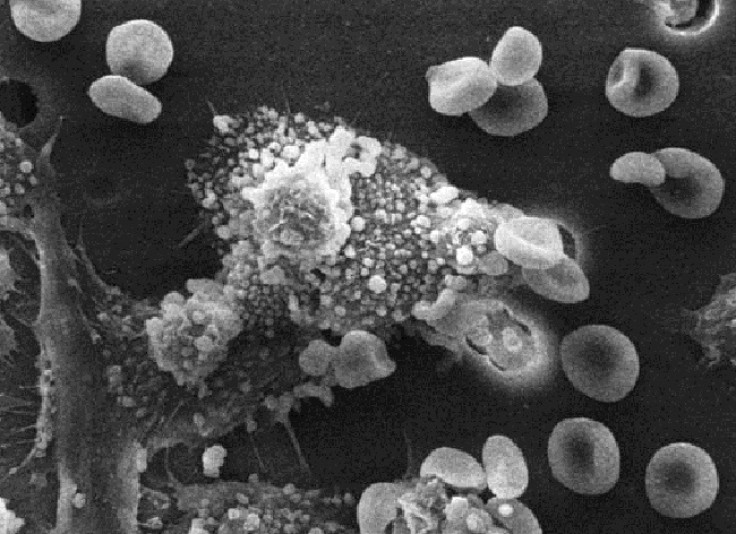Mayo Clinic Landmark Trial: Measles Vaccine Wipes out Cancer in Patient

A woman's blood cancer went into complete remission after she was injected with a measles vaccine as part of a "landmark" clinical trial.
Stacy Erholtz, 50, made medical history after proving that a single massive doze of intravenous viral therapy could eliminate cancer by overwhelming its natural defences.
Erholtz was injected with a measles vaccine, strong enough to inoculate 10 million people, as part of a trial at the Mayo Clinic in Minnesota. She was one of two subjects in the experiment and the only one to achieve complete remission.
The disease, which had spread throughout Erholtz's entire body, almost immediately became "undetectable" in front of Dr Stephen Russell, a lead researcher on the project.
He told the Star Tribune: "It's a landmark. We've known for a long time that we can give a virus intravenously and destroy metastatic cancer in mice. Nobody's shown that you can do that in people before."
The research has been published in the journal Mayo Clinic Proceedings.
Dr John Bell of the Centre for Innovative Cancer Research in Ottawa said: "Without trying to hype it too much, it is a very significant discovery. [It was a] benchmark to strive for and improve upon."
Researchers worldwide are working with a variety of cancer-killing viruses, including herpes and poxvirus, and they have produced long-lasting cures in animal studies.
Bell said: "Many have been tried in humans but no one has shown this type of systemic activity [seen in the Mayo study]."
Viruses attach itself to a cancerous tumour and use it as a host to replicate its own genetic material and then overwhelm and kill it. The virus can be injected directly into tumours or via the bloodstream as in the case of the Mayo trial.
Erholtz said she remains optimistic that she will remain cancer-free at her annual checkup next month.
She said: "We don't let the cancer cloud hang over our house or we would have lived in the dark the last 10 years."
The Mayo Clinic is now expected to launch a bigger trial by September to see if the measles vaccine will work in a larger volume of patients.
© Copyright IBTimes 2024. All rights reserved.






